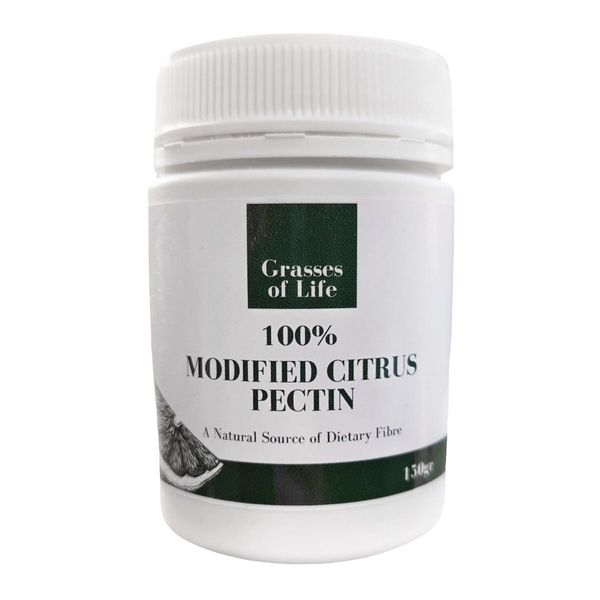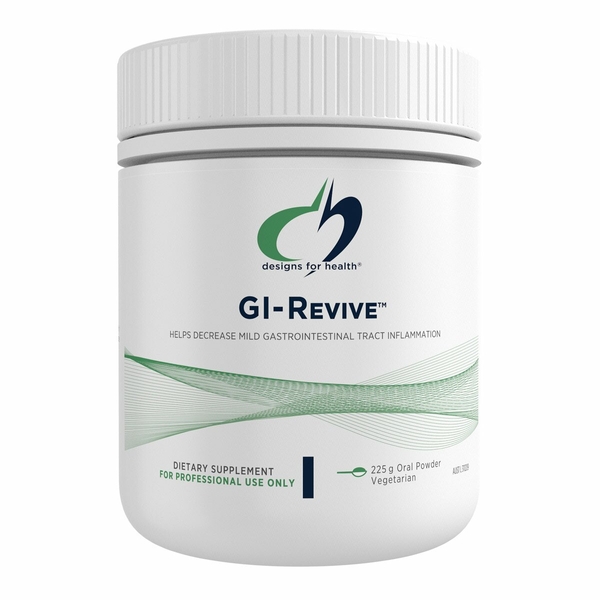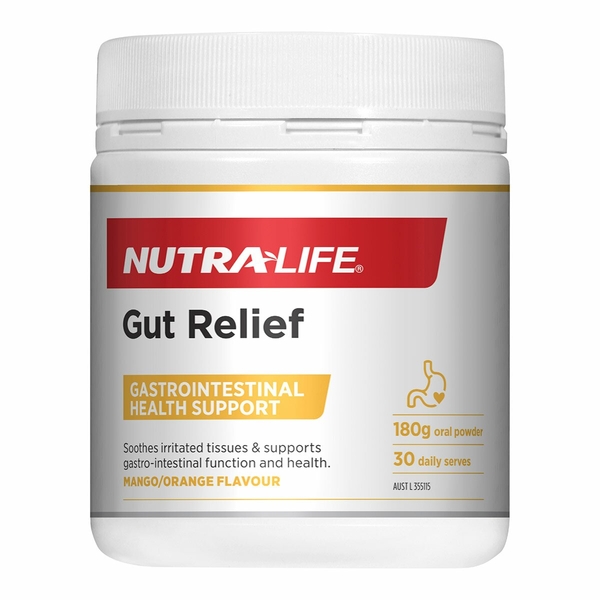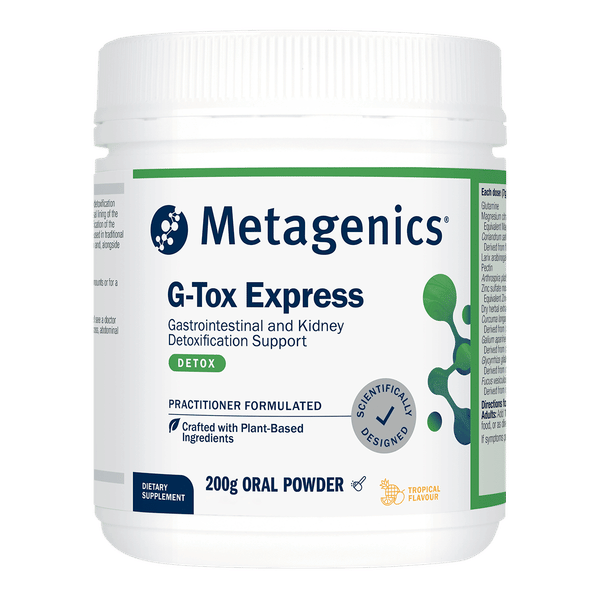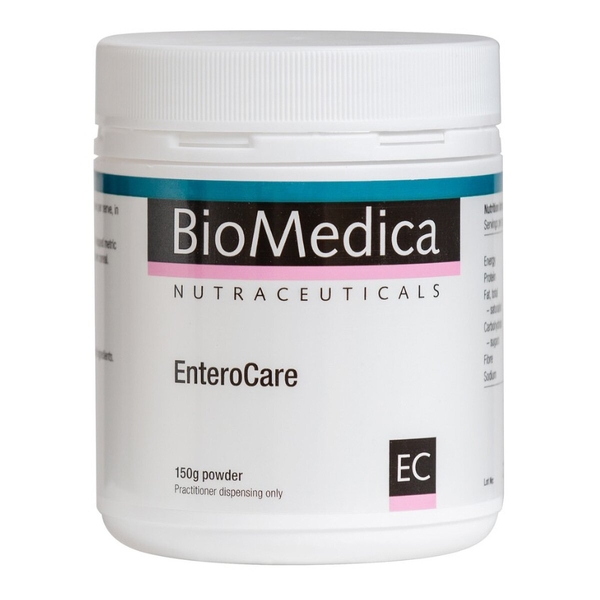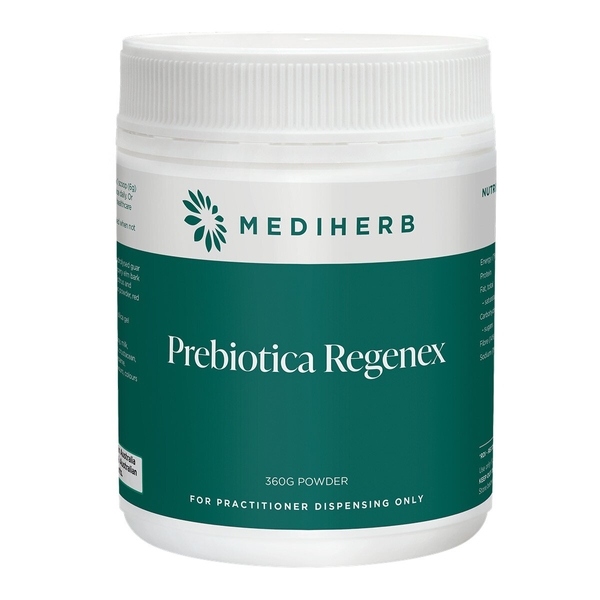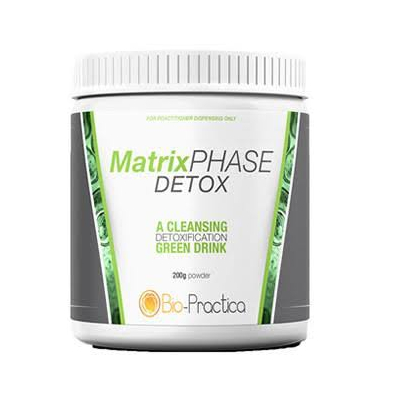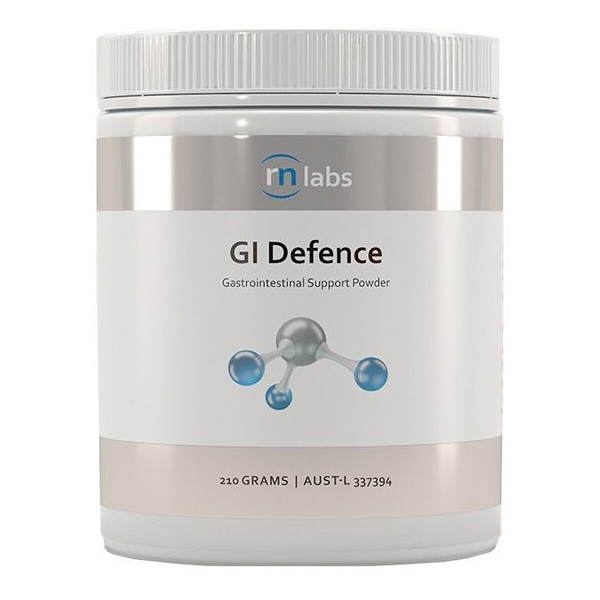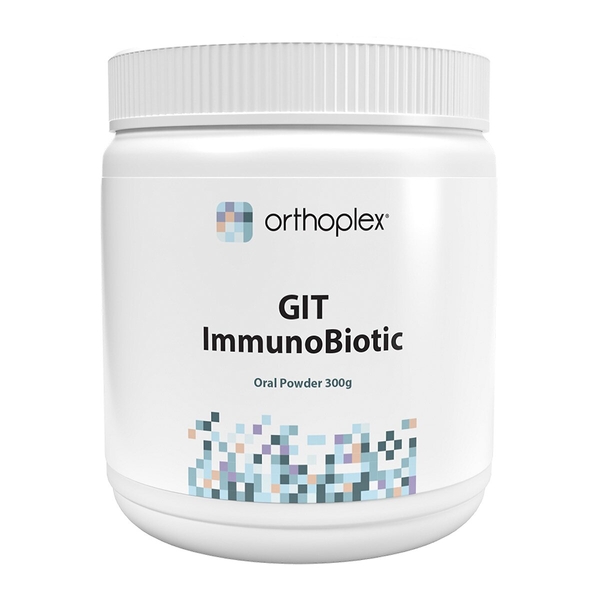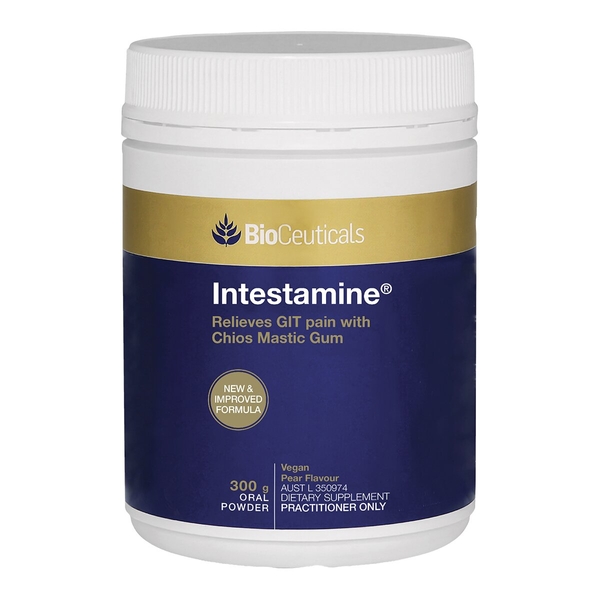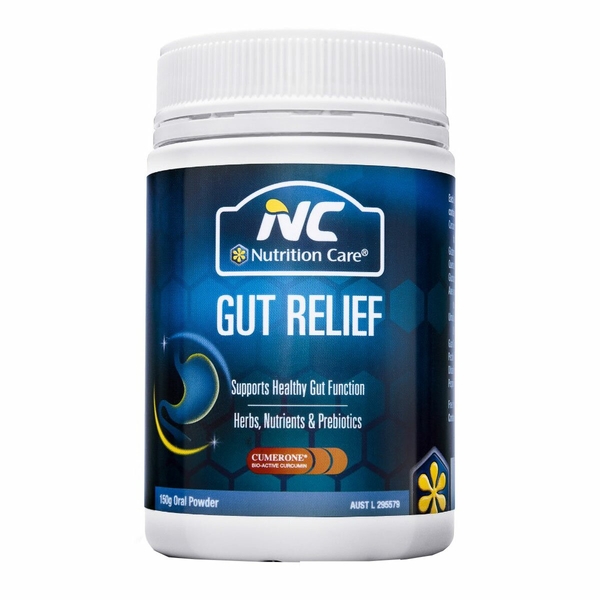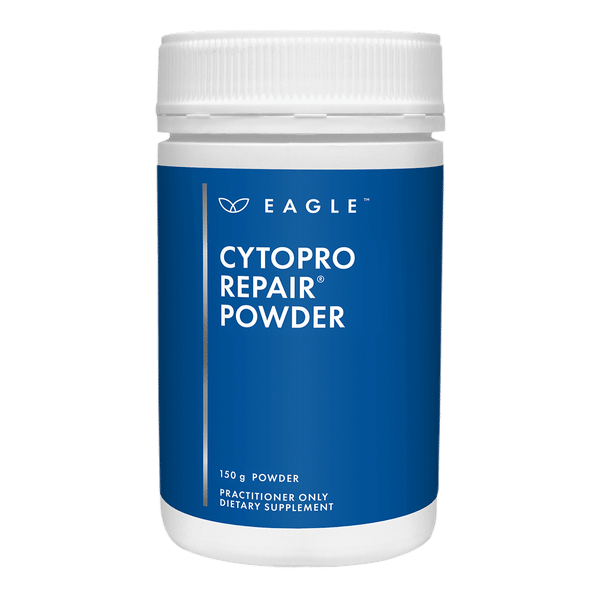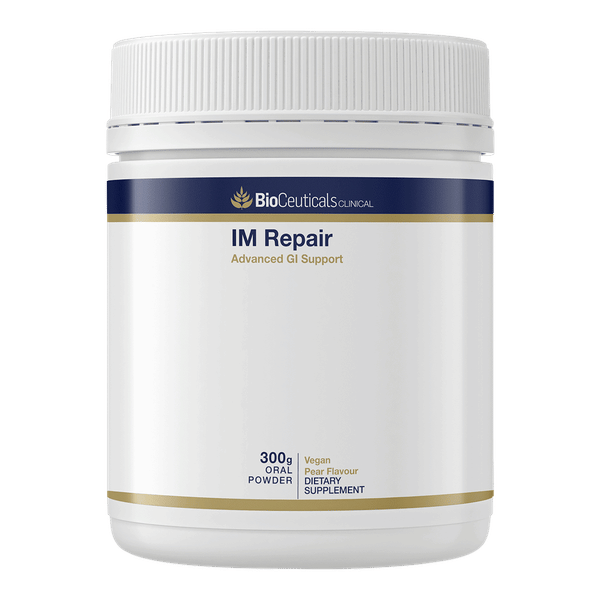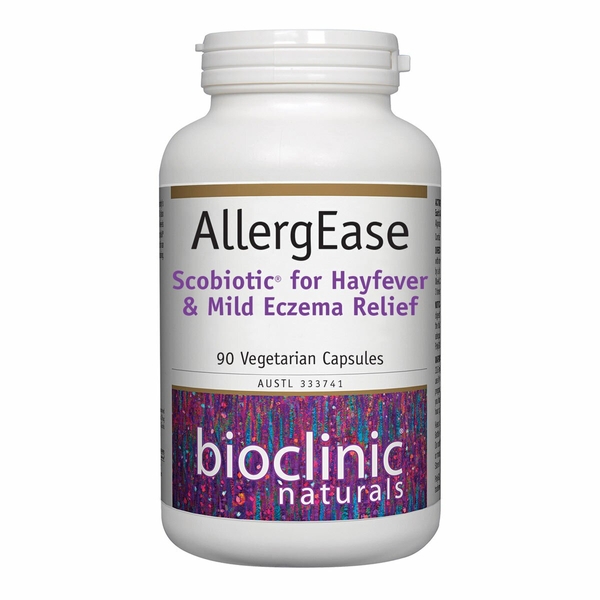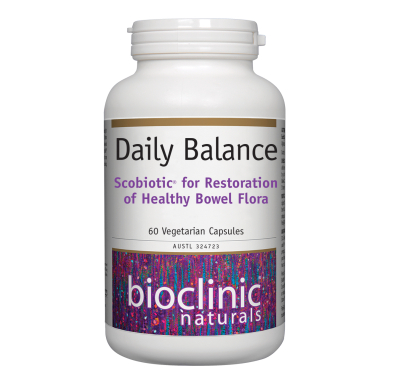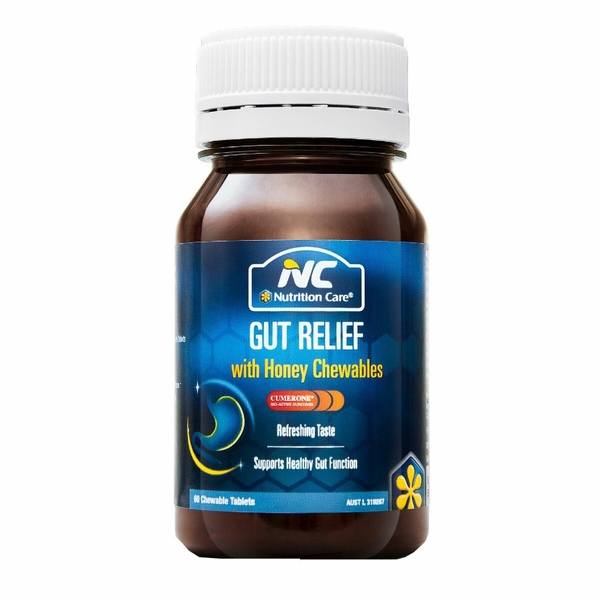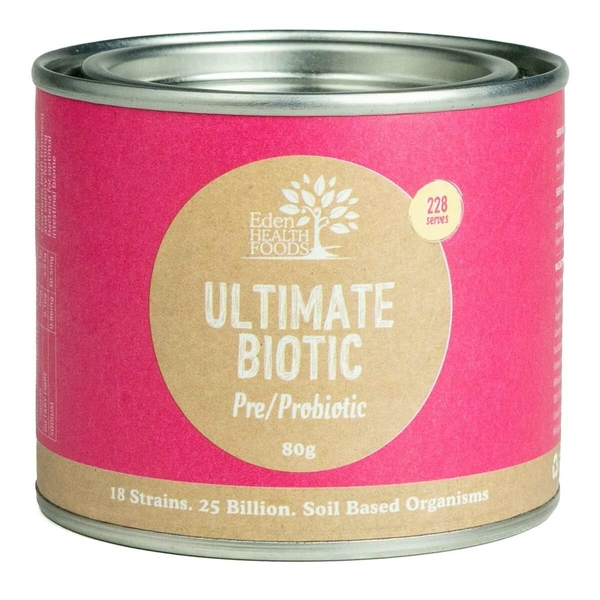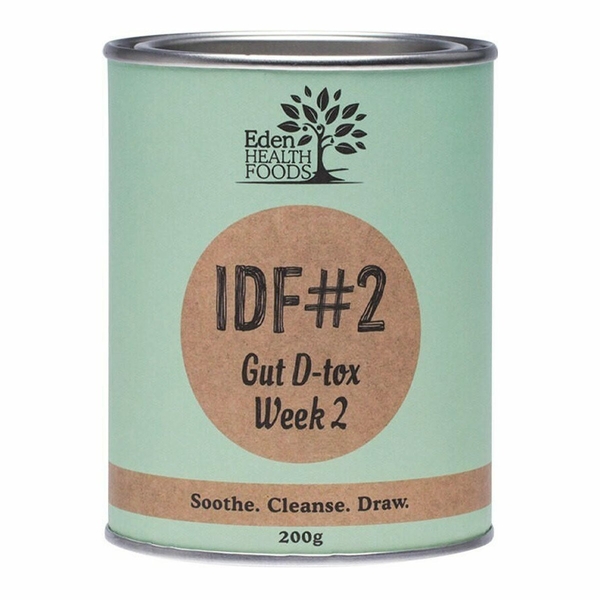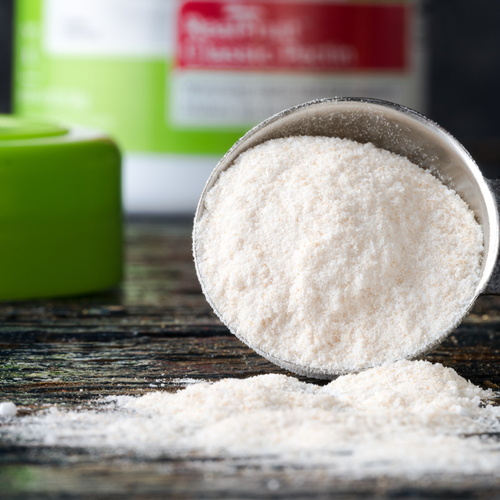
Background
Pectin binds substances in the intestines and adds bulk to the stools. It might also reduce how much cholesterol the body absorbs from foods.
People use pectin for high cholesterol, prediabetes, heartburn, diarrhea, and many other conditions, but there is no good scientific evidence to support these uses.
Pectin was used for years together with kaolin (Kaopectate) to control diarrhea. But in 2003, the FDA found that evidence doesn't support the use of pectin for diarrhea. Since April 2004, pectin has not been permitted as an anti-diarrhea agent in over-the-counter (OTC) products. Kaopectate no longer contains pectin and kaolin.
Safety Safety definitions
Special Precautions & Warnings:
Pregnancy and breast-feeding: Pectin is commonly consumed in foods. It is possibly safe when taken by mouth in larger amounts.Children: Pectin is commonly consumed in foods. It is possibly safe when taken by mouth in larger amounts, short-term.
Allergy to cashew: Pectin might cause allergic reactions in people who are allergic to cashew.
Effectiveness
- High cholesterol. Taking pectin by mouth seems to slightly lower total cholesterol and low-density lipoprotein (LDL or "bad") cholesterol in people with high cholesterol.
Dosing & administration
Interactions with pharmaceuticals
Antibiotics (Tetracycline antibiotics)
Interaction Rating=Moderate Be cautious with this combination.
Pectin is high in fiber. Fiber can decrease the amount of tetracycline antibiotics that the body absorbs. This might reduce the effects of these antibiotics. To avoid this interaction, take pectin two hours before or four hours after taking tetracycline antibiotics.
Digoxin (Lanoxin)
Interaction Rating=Moderate Be cautious with this combination.
Pectin is high in fiber. Fiber can decrease the amount of digoxin that the body absorbs. This might reduce the effects of digoxin. To avoid this interaction, take pectin four hours before or one hour after digoxin.
Lovastatin (Mevacor)
Interaction Rating=Moderate Be cautious with this combination.
Pectin is high in fiber. Fiber can decrease the amount of lovastatin that the body absorbs. This might reduce the effects of lovastatin. To avoid this interaction, take pectin at least one hour after lovastatin
Interactions with herbs & supplements
Interactions with foods
Products
View all products- Pectin 1 g
- Glutamine 2 g
- Zinc carnosine (Polaprezinc) 74.41 mg equiv. zinc 16 mg
- Uncaria tomentosa ext. 200 mg
- Ulmus rubra ext. 125 mg
- Quercetin 100 mg
- Dimethyl sulfone (MSM) 100 mg
- Glycyrrhiza glabra ext. 50 mg
- Matricaria chamomilla ext. 20 mg
- Aloe barbadensis ext. 2.5 mg
- Althaea officinalis ext. 5 mg
- Hibiscus esculentus ext. 25 mg
- Pectin 500 mg
- Galium aparine ext. 500 mg
- L-glutamine 2 g
- Zinc sulphate monohydrate 41 mg equiv. zinc 15 mg
- Curcuma longa ext. 152 mg
- Glycyrrhiza glabra deglycyrrhizinised ext. 313 mg
- Coriandrum sativum ext. 56 mg
- Fucus vesiculosus ext. 50 mg
- Larix occidentalis (arabinogalactan) (Larch) 1 g
- Magnesium citrate 1.3 g equiv. magnesium 210 mg
- Arthrospira platensis (Spirulina) 500 mg
- Apple pectin 320 mg
- Arthrospira platensis (Spirulina) 643 mg
- Brassica oleracea var. italica powder 100 mg
- Silybum marianum ext. 500 mg
- Schisandra chinensis ext. 200 mg
- Cynara scolymus ext. 800 mg
- Hordeum vulgare 883 mg
- Chlorella pyrenoidosa powder 100 mg
- Rosmarinus officinalis ext. 50 mg
- Coriandrum sativum powder 50 mg
- Galium aparine ext. 160 mg
- L-glutamine 800 mg
- Trimethylglycine (TMG) 300 mg
- Methylsulfonylmethane (MSM) 100 mg
- Calcium D-glucarate 100 mg
- Taurine 60 mg
- L-cysteine 50 mg
- Ascorbic acid (Vitamin C) 80 mg
- Magnesium citrate 8 mg
- Zinc citrate 5 mg
- R-alpha lipoic acid 25 mg
- Natural lemon lime flavour
- Xylitol
- Glycine
- Stevia rebaubiana
- Citric acid anhydrous
- Apple pectin 200 mg
- Pea protein isolate 8.3 g
- Lactobacillus acidophilus 1.58 billion CFU
- Bifidobacterium bifidum 1.58 billion CFU
- Marine algae 500 mg
- Linum usitatissimum (seed) (Flaxseed) 250 mg
- Sunflower lecithin 200 mg
- Spinacia oleracea (Spinach) 100 mg
- Beta vulgaris (root) powder (Beetroot) 100 mg
- Daucus carota powder (Carrot) 100 mg
- Arthrospira platensis (Spirulina) 100 mg
- Wheatgrass powder 100 mg
- Zingiber officinale powder 40 mg
- Ribes nigrum powder 200 mg
- Vitis vinifera powder 200 mg
- Malpighia glabra powder 100 mg
- Lycium chinese powder 100 mg
- Vaccinium myrtillus powder 100 mg
- Bacopa monnieri powder 50 mg
- Taraxacum officinale powder 30 mg
- Malus (fibre) powder (Apple) 587 g
- Plantago ovata (husk) (Psyllium) 100 mg
- Citric acid anhydrous 150 mg
- Citrus bioflavonoids extract 70 mg
- Ananas comosus (Bromelain) 30 mg
- R,S-alpha lipoic acid 20 mg
- Beta glucan 11.5 mg
- Dunaliella salina 8 mg
- Lutein 2 mg
- Zeaxanthin (Carotenoids) 400 µg
- Natural chocolate flavour
- Potassium phosphate dibasic
- Calcium citrate
- Ascorbic acid (Vitamin C)
- Zinc gluconate
- d-alpha-Tocopheryl acid succinate (Vitamin E)
- Thaumatin
- Nicotinamide (Vitamin B3)
- Manganese gluconate
- D-calcium pantothenate (Vitamin B5)
- Tocopherols concentrate - mixed (Vitamin E)
- Selenomethionine
- Retinyl palmitate
- Riboflavin (Vitamin B2)
- Thiamine hydrochloride (Vitamin B1)
- Pyridoxine hydrochloride (Vitamin B6)
- Folate
- Chromium picolinate
- Cholecalciferol
- Fucus vesiculosus powder 97 mg
- Stevia rebaubiana powder
- Phytomenadione (Vitamin K1)
- Copper gluconate
- Calendula officinalis powder
- Biotin
- Cyanocobalamin (Vitamin B12)
- Theobroma cacao powder 2.1 g
- Brassica oleracea var. italica powder 100 mg
- Carica papaya 50 mg
- Hordeum vulgare 100 mg
- Natural vanilla flavour
- Magnesium gluconate
- Menaquinone 7 (Vitamin K2)
- Apple pectin 100 mg
- L-glutamine 2 g
- Zinc citrate 32 mg equiv. zinc 10 mg
- Curcuma longa ext. 60 mg
- Larix occidentalis (arabinogalactan) (Larch) 750 mg
- Retinyl acetate 900 μg RE equiv. vitamin A 3000 IU
- Cholecalciferol 5 μg equiv. vitamin D3 200 IU
- Glycyrrhiza glabra deglycyrrhizinised ext. 75 mg
- Aloe barbadensis ext. 25 mg
- Actinidia deliciosa ext. 125 mg
- Actinidia deliciosa ext. 125 mg
- Brassica oleracea var. italica ext. 75 mg
- Apple pectin 100 mg
- Saccharomyces cerevisiae (boulardii) (SB) 8.33 mg
- Saccharomyces cerevisiae (Brewer’s yeast) 8.33 mg
- Saccharomyces cerevisiae (SB) 11.9 mg equiv. bakers yeast beta glucan 59.5 mg
- Bifidobacterium longum 1.33 billion CFU
- Lactobacillus brevis 0.67 billion CFU
- Lactobacillus helveticus 0.67 billion CFU
- Lactobacillus rhamnosus 0.67 billion CFU
- Streptococcus thermophilus 0.73 billion CFU
- Cordyceps sinensis powder 66.67 mg
- Ganoderma lucidum powder 66.67 mg
- Grifola frondosa powder 66.67 mg
- Lentinula edodes powder 66.67 mg
- Polyporus umbellatus powder 16.67 mg
- Tremella fuciformis powder 50 mg
- Yeast 8.3 mg equiv. chromium 16.67 µg
- Yeast 8.3 mg equiv. molybdenum 16.67 µg
- Yeast 8.3 mg equiv. selenium 16.67 µg
- Arthrospira platensis (Spirulina) 33.33 mg
- Apple pectin 50 mg
- Hordeum vulgare (Barley)
- Green banana starch 250 mg
- Arthrospira platensis (Spirulina)
- Quercetin 200 mg
- Brassica oleracea var. italica (Broccoli)
- Larix occidentalis (arabinogalactan) (Larch) 250 mg
- Bacillus coagulans 25 mg
- Punica granatum
- Macrocystis pyrifera (Ocean kelp)
- Brassica oleracea var. acephala (leaf & sprout) powder (Kale)
- Spinacia oleracea (Spinach)
- Daucus carota powder (Carrot)
- Brassica oleracea var. viridis
- Palmaria palmata (Dulse)
- Apium graveolens (seed) powder
- Petroselinum crispum
- Citrus bioflavonoids extract 150 mg
- Myrciaria dubia (fruit) powder (Camu Camu)
- Malpighia glabra
- Blueberry flavour
- Zingiber officinale
- Kakadu plum powder
- Theobroma cacao (Cocoa powder)
- Natural flavours
- Pink Himalayan crystal salt
- Ananas comosus (Bromelain) 150 mg
- Origanum vulgare oil
- Thymus vulgaris oil
- Syzygium aromaticum oil
- Mentha x piperita oil
- N-acetyl glucosamine (NAG) 125 mg
- Stevia rebaubiana
- Zinc citrate 7.5 mg
- Chlorella vulgaris powder
- Polyphenolic fulvic minerals 50 mg
- Apple pectin 25 mg
- L-glutamic acid 25 mg
- Glutamic acid hydrochloride 25 mg
- Echinacea angustifolia ext. 25 mg
- Saccharomyces cerevisiae (SB) 35.72 mg equiv. bakers yeast beta glucan 178.6 mg
- Cichorium intybus powder 33.19 mg
- Bifidobacterium animalis ssp. lactis 0.5 billion CFU
- Bifidobacterium bifidum 0.5 billion CFU
- Bifidobacterium infantis 0.5 billion CFU
- Lactobacillus acidophilus 0.5 billion CFU
- Lactobacillus brevis 0.25 billion CFU
- Lactobacillus casei 0.25 billion CFU
- Lactobacillus delbrueckii ssp. bulgaricus 0.25 billion CFU
- Lactobacillus fermentum 0.25 billion CFU
- Lactobacillus gasseri 0.25 billion CFU
- Lactobacillus helveticus 0.25 billion CFU
- Lactobacillus paracasei 0.5 billion CFU
- Lactobacillus plantarum 0.25 billion CFU
- Lactobacillus reuteri 0.25 billion CFU
- Lactobacillus rhamnosus 0.25 billion CFU
- Lactobacillus salivarius 0.25 billion CFU
- Lipase 600 LipU
- Polyporus umbellatus powder 50 mg
- Grifola frondosa powder 50 mg
- Cordyceps sinensis powder 50 mg
- Ganoderma lucidum powder 25 mg
- Poria cocos ext. 25 mg
- Arthrospira platensis (Spirulina) 55 mg
- Yeast 25 mg equiv. selenium 50 µg
- Iberis amara ext. 50 mg
- Yucca gloriosa ext. 25 mg
- Apple pectin
- Lactobacillus rhamnosus
- Bifidobacterium longum
- Bifidobacterium bifidum
- Lactobacillus acidophilus
- Lactobacillus casei
- Lactobacillus acidophilus (DDS-1)
- Larix occidentalis (arabinogalactan) (Larch)
- Cichorium intybus (root) (Chicory)
- Lactobacillus fermentum
- Ulmus rubra (bark inner) powder
- Plantago ovata (husk) (Psyllium)
- Pediococcus acidilactici
- Bifidobacterium infantis
- Streptococcus thermophilus
- Lactobacillus plantarum
- Lactobacillus bulgaricus
- Lactobacillus salivarius
- Entero-coccus faecium
- Bacillus subtilis
- Lactobacillus gasseri
- Lactobacillus sporogenes

